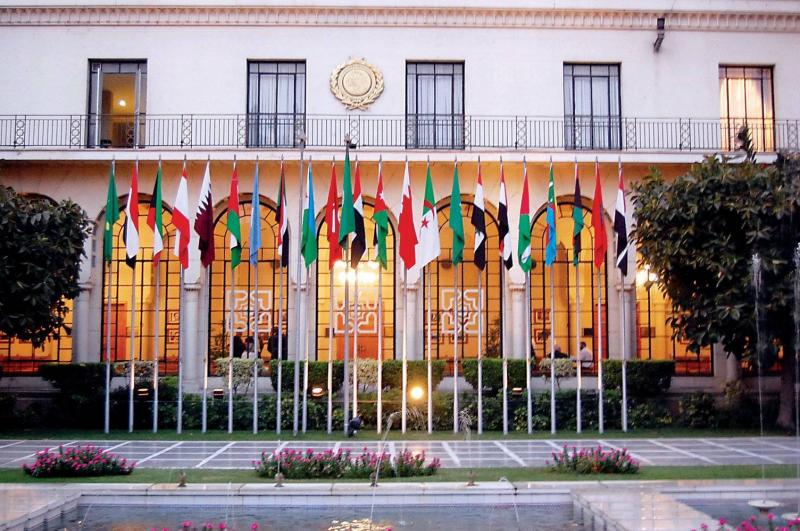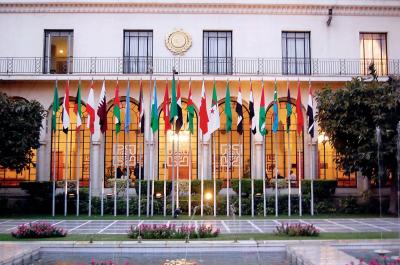From the perspective of sports and the organization of the "World Cup" in Qatar, political steps were crowned that had begun to be paved in a previous stage, whether at the level of the Gulf house or the Arab house in general. While Morocco's unprecedented victory has elevated Arab feelings "from the ocean to the gulf" with a great deal of pride and dignity that has often been absent due to successive Arab setbacks, this will not be sufficient to overcome the deep Arab divisions that have always imposed themselves on the joint Arab action.
However, aside from the atmospheres of sports and the calculations of winning and losing, there is an Arab reality that cannot continue to decline at the same rate. Arab summits have become lackluster even though Algeria made significant efforts to make the latest summit successful, dubbing it the "Reunion," despite having recently declared a diplomatic rupture with Morocco and the borders being closed between the two countries for decades. Arab youth have the right to question whether the idea of "Arabism," which is supposed to translate itself into frameworks and mechanisms for joint Arab institutional work, is still valid and worth fighting for, or if it has faded and most of its components have collapsed in light of the unprecedented Arab fragmentation currently affecting the Arab region.
Any Arab observation of the tremendous difficulties faced by the European Union, especially after the Russian war in Ukraine and the explosion of the energy crisis—both occurring after a harsh blow dealt to the Union by Britain's exit from its ranks (not to mention its leadership)—raises serious questions regarding the hopes that can still be pinned on activating joint Arab action, particularly through the Arab League established in 1945.
It is true that Europe has not succeeded in achieving all of its projects; a confederal nature has dominated its formation, and member states have not agreed on all issues, such as the repeated French proposal to establish a European army that enjoys some independence from NATO, which orbits around American interests, met with a lukewarm German response. However, it is also true that the European continent has made significant strides in its inter-state cooperation framework, eliminating barriers and providing full freedom of movement for individuals and goods, among other important and significant opening steps.
Despite the challenges that are almost "existential" for European unity, resulting from the rise of far-right movements in several of its key countries, the most recent being Italy, and Hungary's "distinct" performance, which stands apart and experiences European isolation as a result; the European idea has not shaken due to the commitment of the powerful and large countries in the continent, foremost among them France, to maintain this joint project.
Can the European experience be beneficial to the Arab world? There is no escaping the acknowledgment that the Arab League, despite its unifying Arab framework and its role that is supposed to be central in Arab issues, has not risen to the level of the hopes, ambitions, and aspirations of Arab peoples, especially in light of its failure to achieve solutions to escalating and complex crises, whether among the Arab states themselves or with other parties, chiefly the Palestinian issue and the Arab-Israeli conflict in general.
However, if the challenges present in the Arab region exceed the League's capacity to keep pace with or find effective solutions to them, there are ample areas that can be explored to activate Arab-Arab cooperation, especially in the economic field by enhancing intra-Arab trade and economic exchange between Arab states, in which there is a clear interest regardless of any ideological or doctrinal considerations that some may see as having become outdated due to major international changes.
Is the Arab League still necessary? Yes, if the discussion about its role, position, decision-making mechanisms, and priorities is reopened. At the very least, it should be allowed to operate in the economic field away from political sensitivities. Is this a theoretical notion? Perhaps, but it is definitely a discussion worth having.




